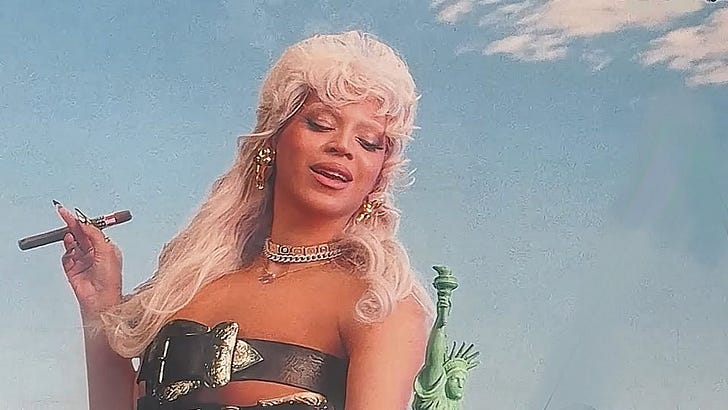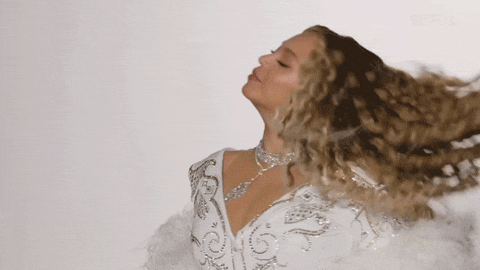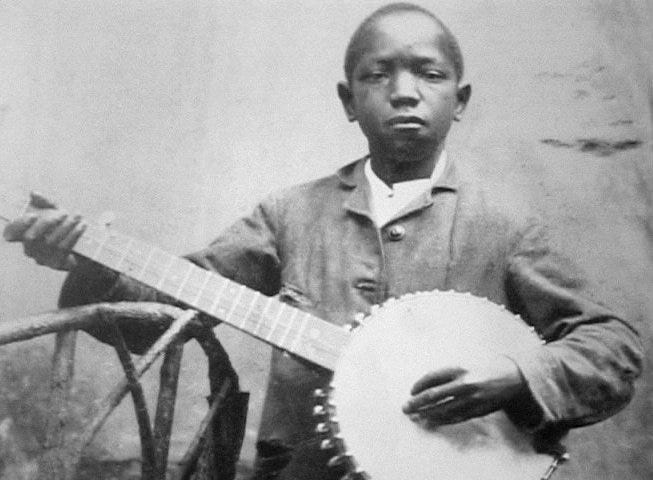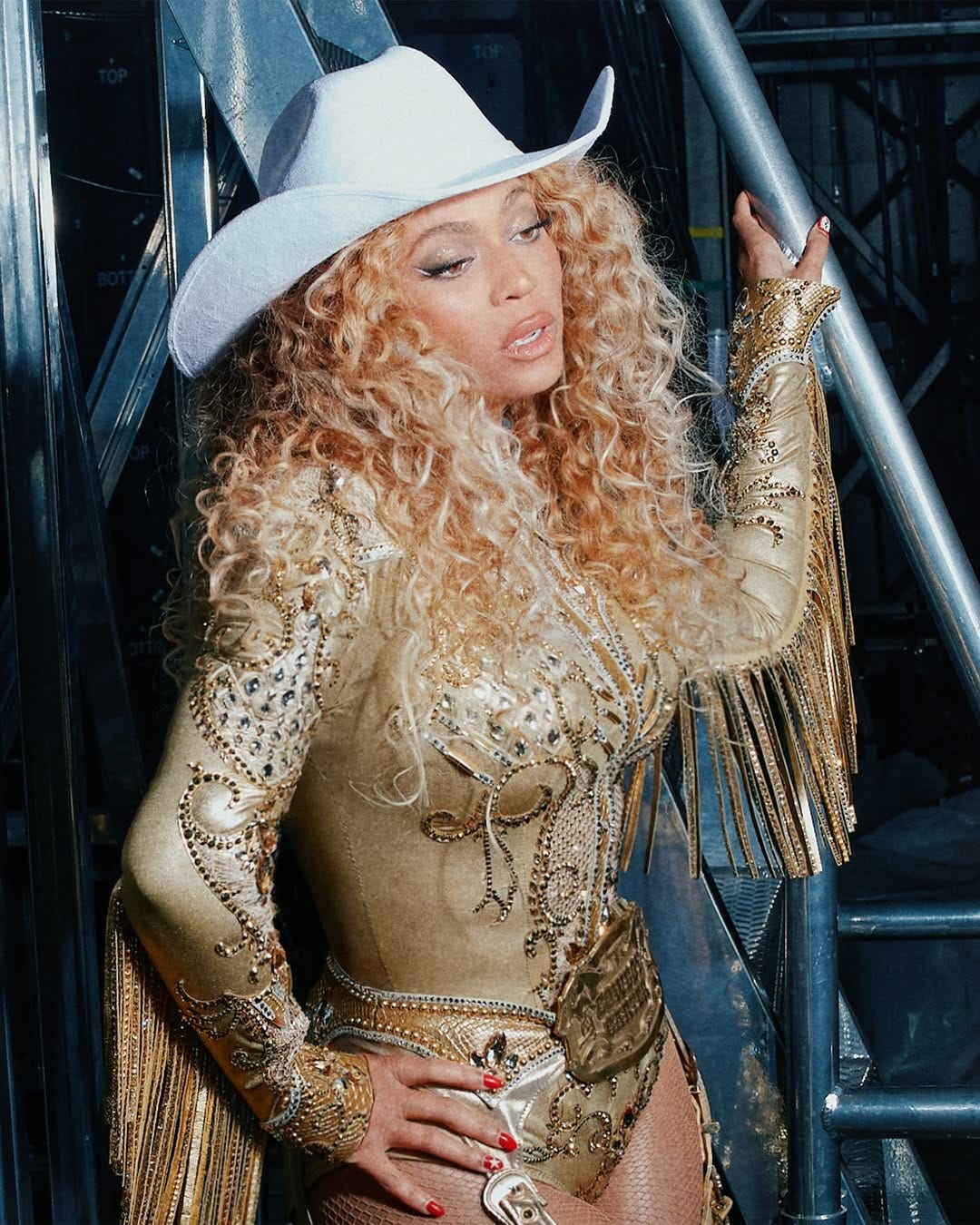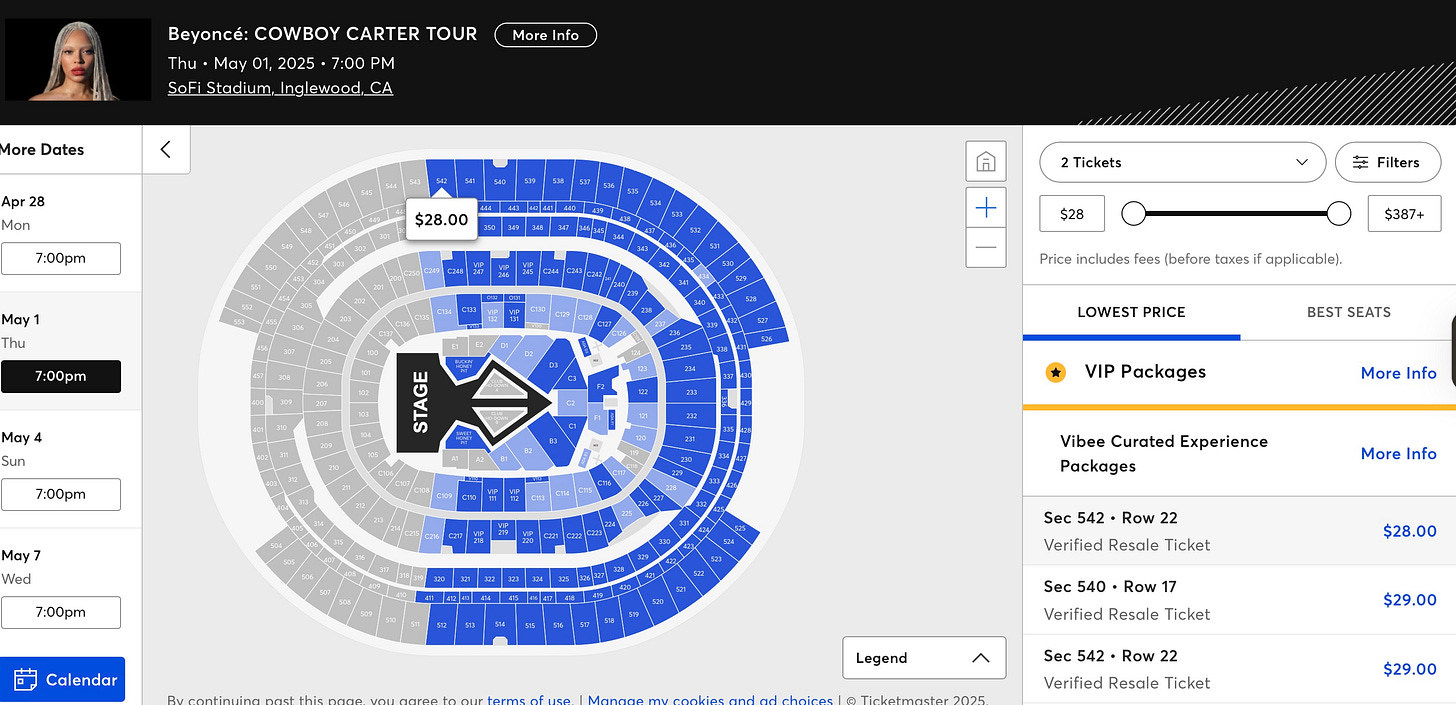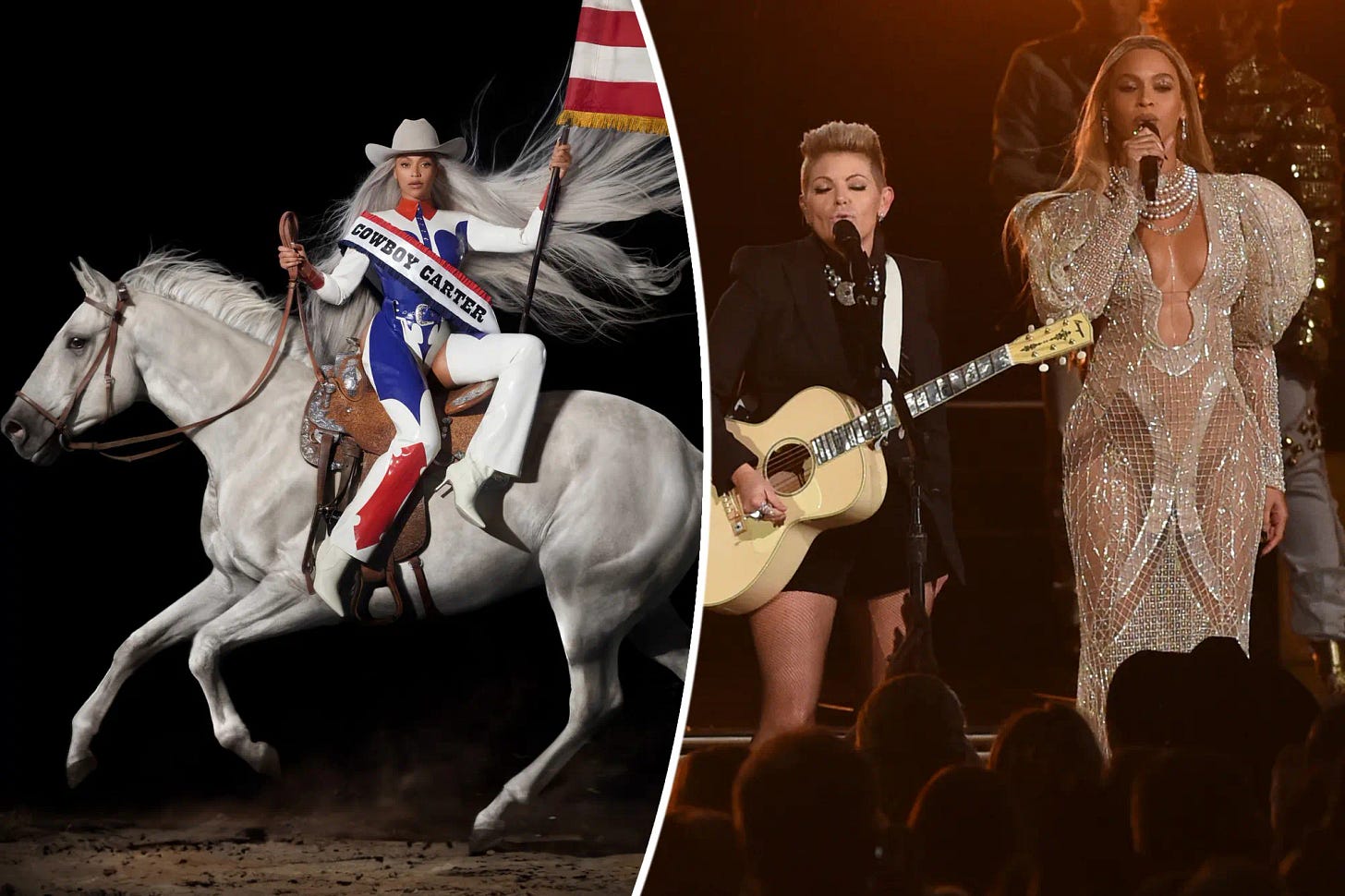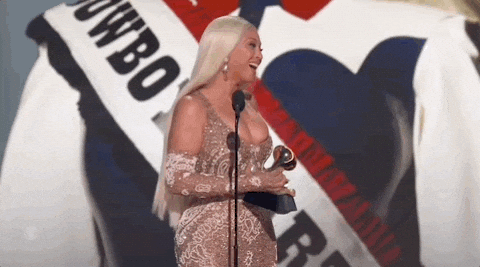Black to the Country: Beyoncé, Cowboy Carter, and the Reclamation of a Genre
A History Lesson in Fringe: What the Cowboy Carter Era Means for Black Country Artists
You ever watch a genre get gentrified?
Because country music wasn’t born in a barn—it was born in the backbreaking rhythm of Black survival. And now, Beyoncé’s Cowboy Carter era is snatching back the narrative like it’s overdue rent. The visuals? Stunning. The production? Theatrical excellence. The mission? Reclamation, baby.
Let’s talk about it.
Breaking News: Country Music is Black Music.
Before rhinestone cowboys and whiskey-soaked ballads got stamped with the “white Southern man” seal of approval, the roots of country music were growing deep in Black soil.
The banjo? Straight outta West Africa. Slave spirituals, field songs, gospel harmonies, and Black string bands laid the foundation for what would become “hillbilly music,” a genre later rebranded as country to sanitize its origins for mass (read: white) appeal.
And yet, from DeFord Bailey’s Opry days to Charley Pride’s secretive marketing rollout, Black artists were systematically erased—fired, sidelined, or straight-up ghosted by the industry that stole their sound. Linda Martell barely got a year before her label deemed her “too risky.” Tracy Chapman? Not “country enough” until a white man covered her.
This is not a coincidence. This is a blueprint.
Enter: Beyoncé Giselle Knowles-Carter.
When Cowboy Carter dropped in 2024, it wasn’t just a genre experiment—it was a genre correction. She told y’all up front: this ain’t a country album, this is a Beyoncé album. But it was also a reminder. That Black folks don’t need permission to exist in country music. We built the house. We just let them rent it for a while.
Now in 2025, the Cowboy Carter and the Rodeo Chitlin’ Circuit Tour is on the road making history—and rewriting it.
The tour kicked off with mechanical bulls, flying horseshoes, and Black Southern symbolism soaked in rhinestones. It’s high art disguised as a rodeo. A love letter to forgotten legends. A protest wrapped in fringe and custom Levi’s. Critics are gagging (10/10 from The Guardian), fans are sobbing, and Beyoncé? She’s floating above it all on a giant golden bull.
This isn’t just performance. It’s a reckoning.
Genre-Bending Greatness
The setlist is giving icon status unlocked. A smooth blend of Cowboy Carter, Renaissance, Lemonade, and I Am…Sasha Fierce, where mashups like “Texas Hold ’Em” x “Crazy in Love” and “Ya Ya” x “Why Don’t You Love Me” hit harder than industry gatekeeping.
Standouts like “Alligator Tears” and “II Hands II Heaven” are thriving in a live setting arguably outperforming their studio versions. And the interludes? History lessons. We see you, Linda Martell.
Let’s not forget the fashion—Western glam to the max—and her daughters joining her on stage. Blue Ivy is giving stage presence for days. Rumi pops out during “Protector” like it’s her birthright (because it is).
This tour isn’t just Beyoncé’s story—it’s a Southern Black family epic dressed like a honky tonk fever dream.
Not Without Controversy
Of course, the haters tried it.
Some media outlets ran with the “flop” narrative early on—pointing to slow ticket sales, resale price drops, and technical hiccups (hi, bad stadium speakers and freezing AC). But let’s be real: Live Nation confirmed 94% of tickets were sold, and Billboard clocked it as the highest-grossing solo female stadium run at SoFi.
Translation: You can’t cancel what’s already historic.
Yes, there were some complaints about Renaissance tracks taking up space in the setlist, but that blend is the point. She’s refusing to be boxed in. Genre is fluid, and she’s the current.
Why It Matters
This tour isn’t just a flex. It’s a cultural reclamation.
It reminds us that Black folks don’t need to assimilate to be heard—we need to amplify. Cowboy Carter is doing what the industry refused to: giving flowers to the people who sowed the seeds. Beyoncé performing “Daddy Lessons” after the CMA drama is a full-circle slap in the face (with grace).
And it’s working.
More Black country artists are rising—like Reyna Roberts, Brittney Spencer, and Tanner Adell—building momentum off a foundation that was always ours. Beyoncé opened the gates wider so others could walk through. She didn’t just show up to the cookout. She brought the sound system, rewrote the guest list, and reclaimed the grill.
Black, Southern, and Unbothered
Let this be your reminder: country isn’t just a sound, it’s a story. And that story includes us.
So the next time someone acts shocked that Beyoncé’s up on stage in a cowboy hat, looking like a goddess and riding a mechanical bull while singing about grief, pride, and Southern womanhood—remind them who built the damn genre in the first place.
She didn’t go country. She went home.


